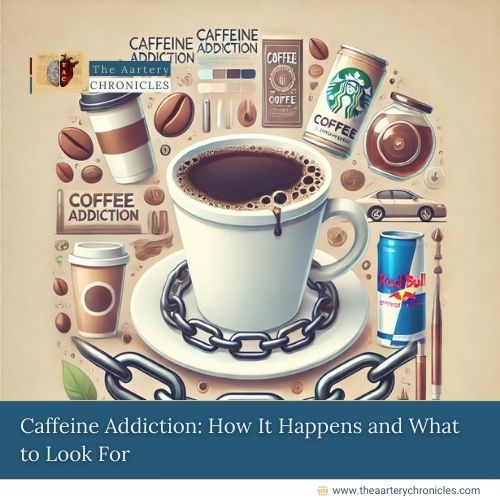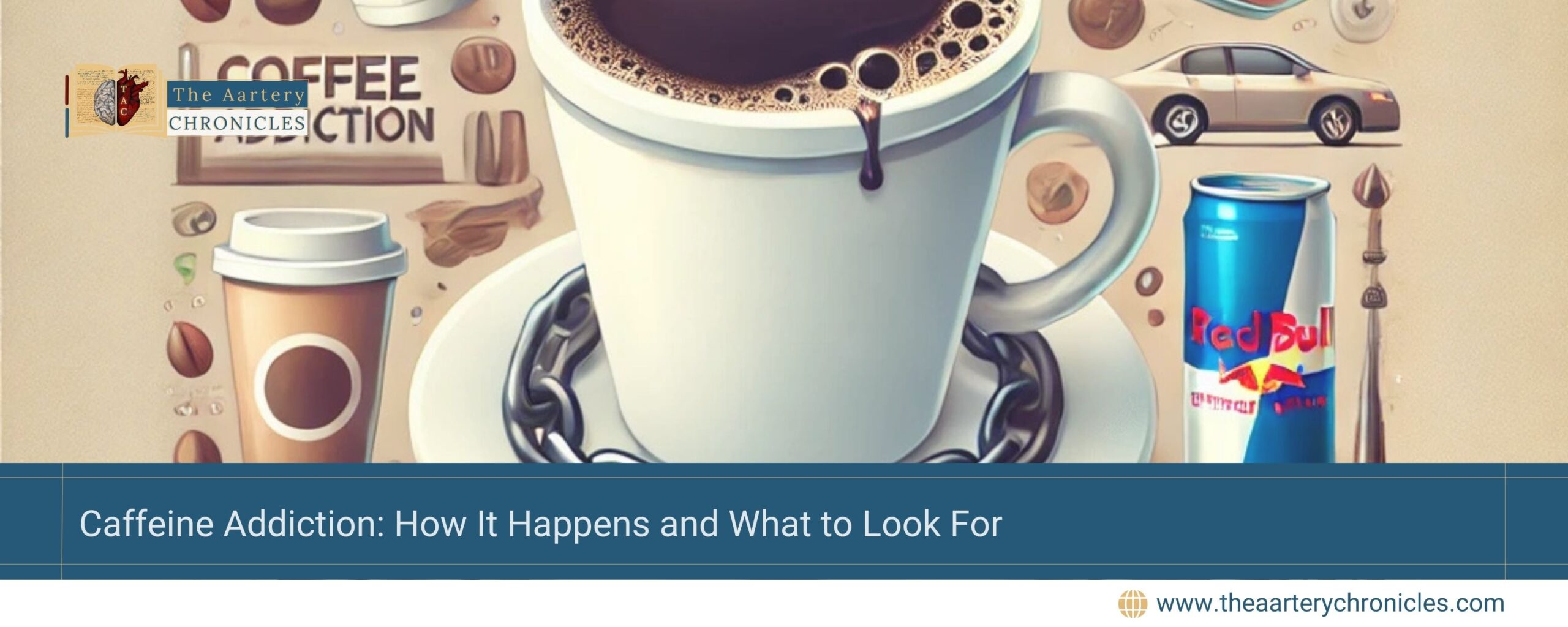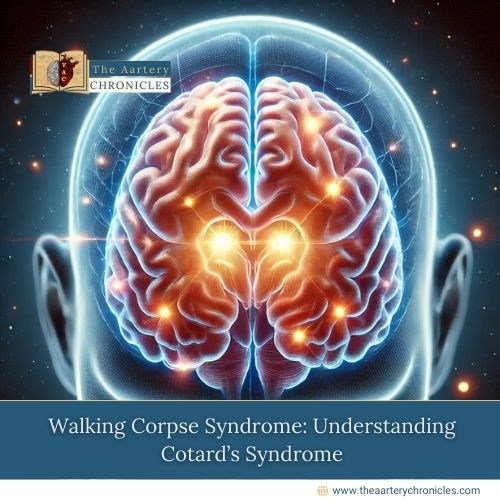

Caffeine Addiction: How It Happens and What to Look For
Caffeine is a beloved part of many people’s daily routines. From morning coffee to energy drinks throughout the day, it helps us stay awake, focused, and energized. But just like any other substance, regular consumption of caffeine can lead to dependency. In this post, we’ll explore how caffeine addiction develops, the signs to look for, and why it happens.
How Does Caffeine Addiction Develop?
Caffeine addiction occurs when your body becomes accustomed to regular caffeine intake and starts to rely on it to function normally. Over time, your brain adapts to the stimulating effects of caffeine, and you may need more of it to achieve the same effects.
Here’s how it works:
- Tolerance: As you consume caffeine regularly, your body becomes tolerant to its effects. This means you need to drink more caffeine to get the same alertness and energy boost you once felt from a smaller amount.
- Dependence: Your body can become dependent on caffeine to function normally. If you skip your usual dose, you may experience withdrawal symptoms, which can make it difficult to go without it.
- Withdrawal Symptoms: Common withdrawal symptoms include
- Headaches
- Irritability
- Fatigue
- Difficulty concentrating
These symptoms can make it challenging to reduce caffeine intake or quit entirely.
Signs of Caffeine Addiction
It can be hard to tell if you’re addicted to caffeine, especially since it’s such a widely accepted part of daily life. However, some signs may indicate you’re developing a dependency:
- Craving Caffeine: You regularly crave caffeine and may feel like you can’t function without it.
- Increased Tolerance: You need more caffeine to get the same effects, like increased alertness or energy.
- Withdrawal Symptoms: If you miss your regular dose of caffeine, you experience
- Headaches
- Fatigue
- Irritability
- Difficulty Cutting Back: Despite knowing the potential negative effects of excessive caffeine consumption, reducing your intake is hard.
- Using Caffeine to Combat Fatigue: You rely on caffeine to stay awake or to push through tiredness, rather than getting enough rest.
Why Is Caffeine Addiction So Common?
Caffeine addiction is more common than you might think, and there are several reasons for this:
- Accessibility: Caffeine is widely available in various forms—coffee, tea, energy drinks, sodas, and even chocolate—making it easy to consume throughout the day.
- Social Norms: Drinking caffeinated beverages is socially accepted and often encouraged. Whether grabbing a coffee with friends or sipping tea during a break at work, caffeine consumption is deeply embedded in our daily lives.
- Instant Gratification: Caffeine provides an immediate boost of energy and alertness, making it easy to rely on when you’re tired or need to focus.
Can Caffeine Addiction Be Managed?
Yes, caffeine addiction can be managed with some effort and awareness. Here are a few strategies to help reduce dependency:
- Gradual Reduction: If you’re trying to cut back on caffeine, do it gradually to avoid severe withdrawal symptoms. Slowly reduce your intake over a few weeks, swapping some of your caffeinated drinks for decaf or herbal teas.
- Find Alternatives: If you’re reaching for caffeine to boost energy, consider alternatives like drinking water, taking a short walk, or practising deep breathing exercises to help re-energize.
- Maintain a Balanced Diet: Eating a healthy, balanced diet can help you maintain steady energy levels throughout the day, reducing the need for caffeine to get through your tasks.
Conclusion
Caffeine addiction can sneak up on you, but with awareness and a little effort, it can be managed. By understanding how caffeine works in your body and recognizing the signs of addiction, you can make informed choices about your consumption.
In our next post, we’ll discuss The Impact of Caffeine on Sleep—why it disrupts your rest and how to manage your intake to sleep better.
Stay tuned!
1. Nehlig A, Daval JL, Debry G et al. Caffeine and the central nervous system: mechanisms of action, biochemical, metabolic and psychostimulant effects. Brain Res Brain Res Rev. 1992 May-Aug;17(2):139-70.
2. Zandvliet AS, Huitema AD, de Jonge ME, den Hoed R, Sparidans RW, Hendriks VM, van den Brink W, van Ree JM, Beijnen JH et al. Population pharmacokinetics of caffeine and its metabolites theobromine, paraxanthine and theophylline after inhalation in combination with diacetylmorphine. Basic Clin Pharmacol Toxicol. 2005 Jan;96(1):71-9.
3. Laizure SC, Meibohm B, Nelson K, Chen F, Hu ZY, Parker RB et al. Comparison of caffeine disposition following administration by oral solution (energy drink) and inspired powder (AeroShot) in human subjects. Br J Clin Pharmacol. 2017 Dec;83(12):2687-2694.
4. Giedd J. Brain development, IX: human brain growth. Am J Psychiatry. 1999;156:4.

Elluru Gowtham
Kyrgyz Russian Slavic University, Bishkek, Kyrgyzstan.
Arogya Competition 3rd winner | Reviewed by Dr Aarti Nehra (MBBS, MMST - IIT, Kharagpur)








